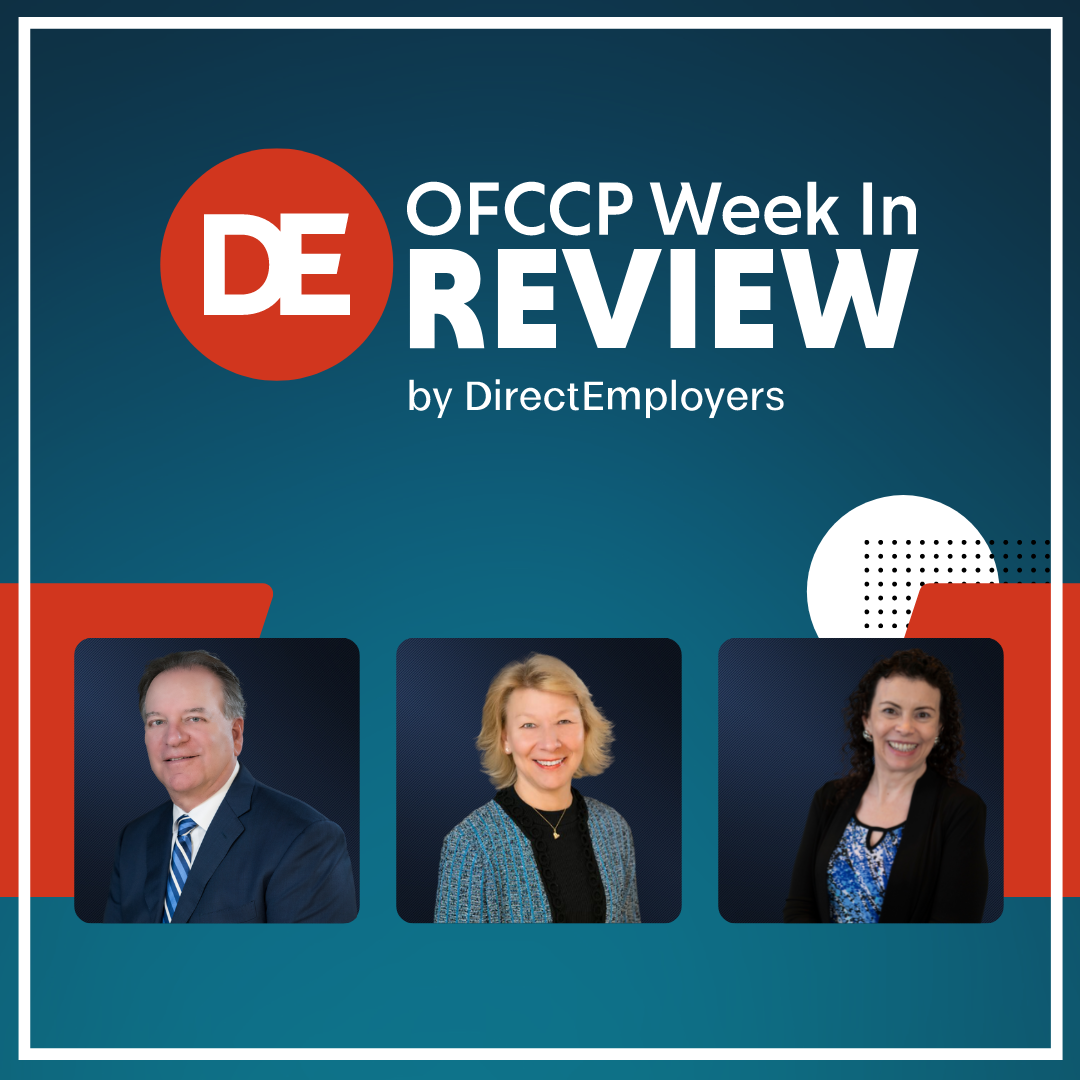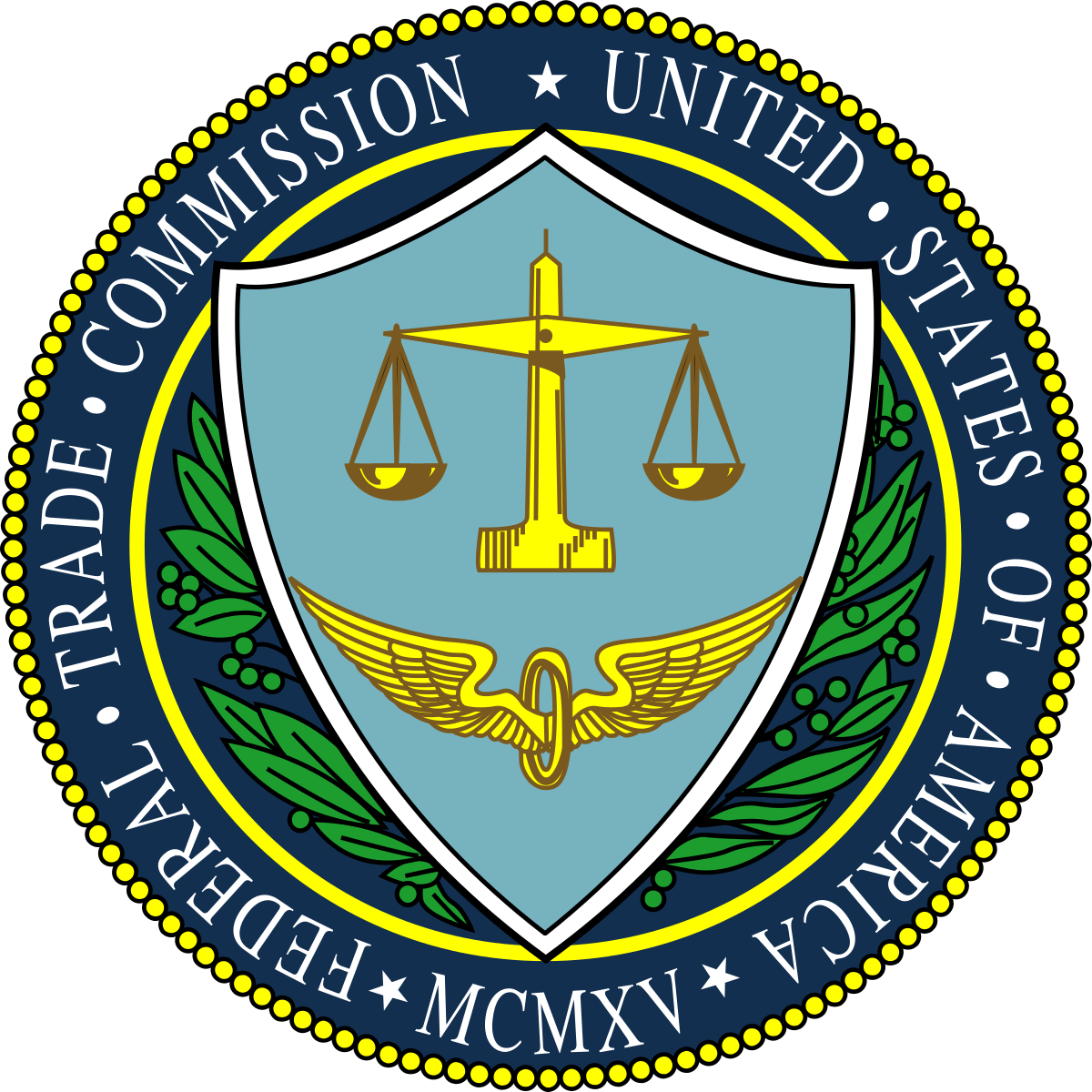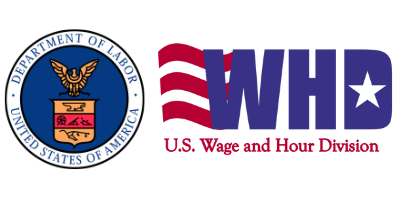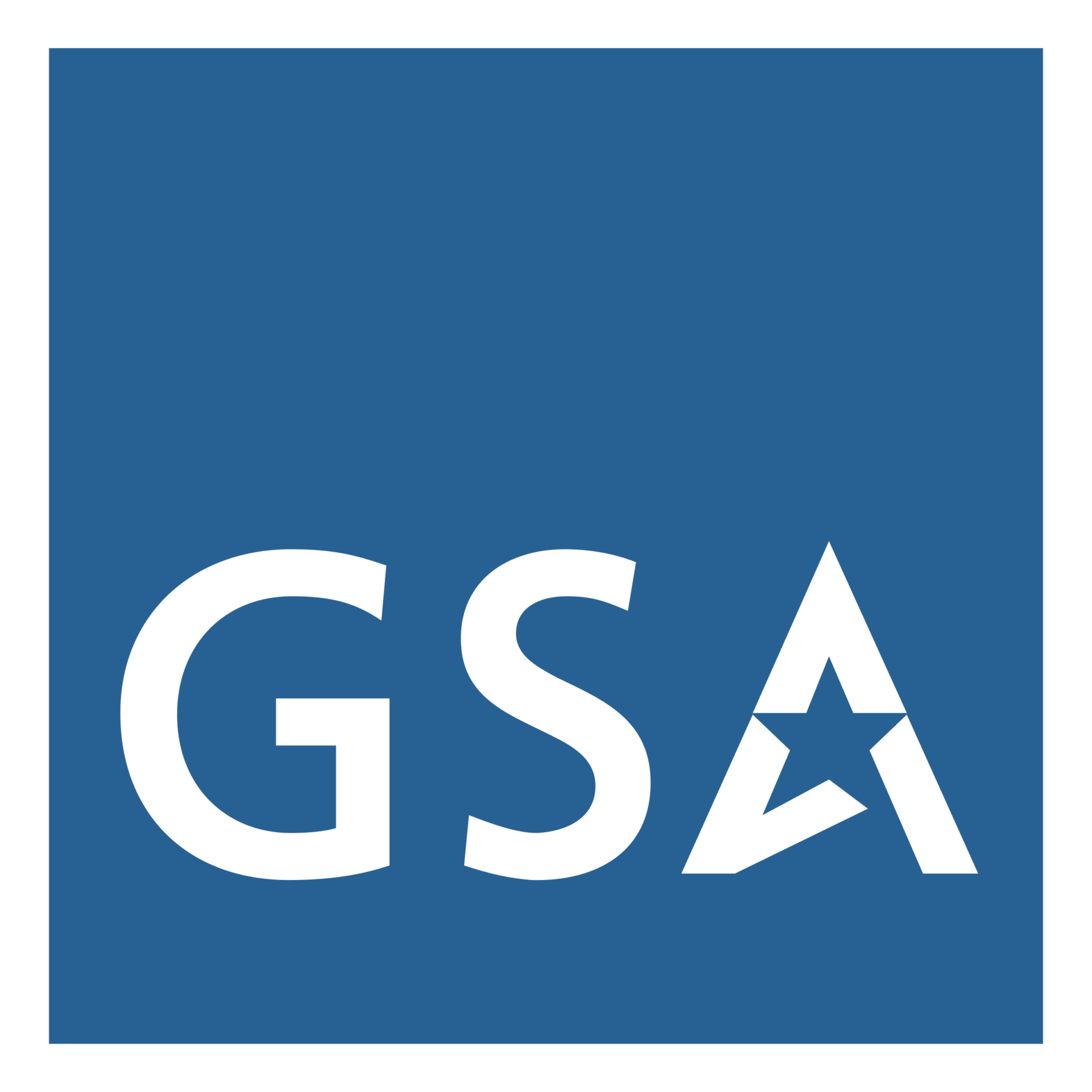
- EEOC’s $22 Million Settlement with the Social Security Administration is a Cautionary Tale for Private Sector Employers & Federal Government Contractors
- ACLU Announced It Filed an FTC Complaint Alleging Tech Vendor Aon’s Claims of “Bias-Free” Hiring Tech Tools Violated FTC Act
- In Brief
- New Publications
- Looking Ahead: Upcoming Date Reminders
Tuesday, May 28, 2024: EEOC’s $22 Million Settlement with the Social Security Administration is a Cautionary Tale for Private Sector Employers & Federal Government Contractors

Of course, Title VII and Executive Order 11246 law will shift the burden of going forward with explanatory evidence to the employer upon only such a bald statistical showing of a differential result based on a Protected Basis (i.e., race, sex, national origin, etc.). Nothing more is needed. Absent credible proof of the “legitimate non-discriminatory reason(s)” to justify the adverse action complained of (whether it be in hiring, promotions, bonus awards, amount of pay, amount of bonuses, etc.), the employer will then be found liable (100 times out of 100) for want of proof to explain why it made the discretionary decisions it made that led to the racially differential results.
Something To Think About
Said another way, the SSA’s settlement points up the need for employers (subject to Title VII) and federal contractors (subject to Executive Order 11246) to create, implement, and retain Disposition Codes not just for hiring (which is quite common for the denials of employment among federal contractor employers), but also for ALL denials of promotion and bonuses and for the reduction of a bonus amount driven by management discretion. Yes, it is burdensome to document every exercise of management discretion. What do you value? What do you fear? Pick your poison. (For a recent, practical guidance on implementing Disposition Codes, see our recap of a presentation on this topic from DEAMcon24.)
Early Warning: Disposition Code documentation of federal contractor denials of promotions, and of any delays in promoting employees which produce differential results based on race, sex, national origin (or any other Protected Basis), will be PARTICULARLY IMPORTANT in coming years as OFCCP now turns its attention (again) to promotions in federal government contractor workforces.
Thursday, May 30, 2024: ACLU Announced It Filed an FTC Complaint Alleging Tech Vendor Aon’s Claims of “Bias-Free” Hiring Tech Tools Violated FTC Act
Corporate Critics Hope For “A New Arrow in Their Sling”

The real story here is the increasing resort corporate critics are using to attack and seek to stop corporate action by trying to leverage use of the broad and ambiguous Federal Trade Commission’s “unfair competition” regulatory authority. [Note: We reported recently, that on April 23, a majority of the Federal Trade Commission approved, and on May 7 officially published, a Final Rule that generally bans all employers subject to the FTC’s regulatory authority from using non-compete clauses in agreements (“NCAs”) with workers. The Final Rule is scheduled to take legal effect on September 4, 2024, absent any injunction or court ruling either stopping the Rule or extending the date. It prohibits most NCAs as an “unfair method of competition” under Section 5 of the FTC Act. Both the NCA Final Rule and the ACLU’s FTC complaint against Aon cite the provisions of Section 5 of the FTC Act.]
In a corresponding press statement/blog accompanying its Complaint to the FTC, the ACLU elaborated:
“Two Aon products, a ‘personality’ assessment test and its automated video interviewing tool, which integrate algorithmic or AI-related features, are marketed to employers across industries as cost-effective, efficient, and less discriminatory than traditional methods of assessing workers and applicants. However, these products assess very general personality traits such as positivity, emotional awareness, liveliness, ambition, and drive that are not clearly job related (sic)or necessary for a specific job and can unfairly screen out people based on disabilities. The automated features of these tools exacerbate these fundamental problems, particularly as Aon incorporated artificial intelligence elements in its video interviewing tool that are also likely to discriminate based on disability, race, and other protected characteristics.
Cognitive ability assessments, another staple in hiring, must also be subject to scrutiny, as they have long been shown to disadvantage Black job candidates and other candidates of color and may also unfairly exclude individuals based on disability. These tests, touted to measure aspects of memory, as well as several others it markets, have racial disparities in performance.
For autistic and other neurodivergent job applicants and applicants of color, cognitive ability assessments pose a significant barrier to employment. Not only do they fail to accommodate diverse needs, but they also perpetuate discrimination based on race, disability, and other traits. Employers should not use assessments that carry a high risk of discrimination. Employers risk screening out people who could be successful employees, impacting diversity in the workplace, and could face legal liability, even where the assessments are designed and administered by third-party vendors. Employers have a legal obligation to thoroughly vet any assessments they use for compliance with anti-discrimination laws, and if they decide to use an assessment, they must provide meaningful notice so that disabled workers can make an informed choice whether to seek accommodations or alternative processes.”
Throughout its almost 50-page complaint, including via multiple footnotes, the ACLU cites research supporting the above assertions.
The ACLU also noted in its press statement that the Equal Employment Opportunity Commission’s (“EEOC”) arguments in an amicus (i.e. “friend of the court”) brief on behalf of a rejected jobseeker in the case of Mobley v. Workday, Inc. pending in the U.S. District for the Northern District of California (San Francisco (No. 3:23-cv-00770). The jobseeker asserted, in part, that Workday, Inc., is subject to federal anti-discrimination laws as an “employment agency,” “indirect employer,” or an “agent” of employers. “Workday is a type of intermediary that Congress meant federal anti-discrimination laws to cover,” the EEOC asserted in its brief. (See our story on that amicus brief here). The ACLU further stated that its “FTC complaint should serve as notice to vendors that [the ACLU] will seek to hold them accountable under consumer protection laws as well.”
Moreover, the ACLU reported in its press statement that they and their co-counsel have also filed charges with the EEOC against both Aon and an employer that uses Aon’s assessments on behalf of a biracial (Black/white) autistic job applicant who, the ACLU alleges, was required to take Aon assessments as part of the employer’s hiring process.
In Brief
Thursday, May 23, 2024: Coalition of Business Groups Sued to Stop US DOL’s New Overtime Rule

In a press release announcing the lawsuit, coalition member Associated Builders and Contractors noted that, in 2017, the same court permanently enjoined an Obama-era Overtime Rule that the WHD issued in 2016. (See our story on that court ruling here.) The groups asserted that the new Overtime Rule increases the minimum salary level threshold for exemption far beyond a level that the Fair Labor Standards Act permits the WHD to adopt. They also claim that the automatic indexing provision that will further increase the salary threshold without the notice-and-comment rulemaking violates the Administrative Procedure Act.
Wednesday, May 29, 2024: U.S. EEOC Announced Lawsuits Against 15 Employers for Alleged Failure to File EEO-1 Component 1 Reports

At issue are the EEO-1 Component 1 data for reporting years 2021 and 2022 including workforce information by job category and sex, race, or ethnicity. Section 709 of Title VII of the Civil Rights Act of 1964, as amended, and Section 1602.7 – 1602.14, Chapter XIV, Title 29 of the Code of Federal Regulations require private sector employers with 100 or more employees to submit these data, the agency explained in a press release.
“Not only did Congress authorize the EEOC to collect this (sic) data, Congress also authorized the agency to go to court to obtain compliance when employers ignore their obligation to provide the required information,” said EEOC General Counsel Karla Gilbride. EEOC Chair Charlotte A. Burrows pointed out that this requirement has been in effect for “nearly six decades.”
EDITOR’s NOTE: Despite being a requirement for nearly 60 years, typically about 10% of employers thought to be required to file EEO-1 reports do not do so. While there is no financial penalty or fee for failing to file when the EEOC’s Rule requires an employer to do so, the EEOC does have legal authority, as the Commission notes, to seek an injunction in federal District Court to compel compliance. Prior EEOC General Counsels have been loathe to file suit seeking rather to “jawbone” scofflaw employers to comply with their legal duty. One reason for that is that in any reporting year, about 100,000 employers reportedly typically file EEO-1 Reports. If 10% of employers do not file their required EEO-1 Reports, the legal staffing necessary to file and prosecute approximately 10,000 injunction lawsuits would overwhelm the Commission’s General Counsel staff. What General Counsel Gilbride has done is to file a related series of “demonstration” lawsuits amid great publicity in the hopes of galvanizing the MANY scofflaw employers to get with the program.
The deadline for covered employers to file their reports for the 2023 (current) reporting year is June 4, 2024. The EEOC opened reporting for the 2023 data collection on April 30, 2024.
Monday, June 3, 2024: US GSA Published Request for Public Comments on FSRS Registration Requirements for Prime Grant Awardees
Separate ICR Covers Requirement for Prime Grant Awardees to Actually Report Its Own & Subgrantee Information

The June 3rd 30-Day Notice clarifies that “[t]his information collection is specific to the burden of reporting entities registering to report in FSRS, not the actual subaward reporting” (emphasis added). (“Subaward” reporting is government-speak meaning the Prime Grantee’s reporting of subcontractors on the grants of the Prime). In our story last week, we explained that the actual subaward reporting requirement for Prime Grant Awardees is housed under OMB Control Number 3090-0292. On May 24, 2024, GSA published a different 30-Day Notice seeking public comments on the reporting requirements under OMB Control Number 3090-0292 for federal Prime Grant Awardees to report information, including executive compensation information, about both itself and information about its sub-grantees, if any exist.
Our Bonus Blog last week, “FAR Council Seeks to Require Federal Contractors to Report First-Tier Subcontractor Information, Including Potentially Executive Compensation Data” focused on another ICR from the FAR Council (not GSA) under OMB Control Number 9000-0177. If OMB approves that ICR, the FAR Council will reinstate that long-dormant ICR (under OMB Control Number 9000-0177) to require Prime federal contractors to report to a publicly available federal contracting database information about (a) the contracts with their first-tier subcontractors, AND (b) potentially the compensation their first-tier subcontractors pay their top five executives.
All three of the above ICRs are required pursuant to the Federal Funding Accountability and Transparency Act of 2006 (Pub. L. 109-282), as amended by Section 6202 of the Government Funding Transparency Act of 2008 (Pub. L. 110-252).
New Publications
Monday, May 27, 2024: U.S. Equal Employment Opportunity Commission General Counsel Karla Gilbride announced on LinkedIn a new website for the agency’s litigation program.
Looking Ahead:
Upcoming Date Reminders
November 2023: EEOC’s target date (now overdue) to publish its NPRM to amend its regulations on exemptions to certain recordkeeping and reporting requirements (RIN: 3046-AB28)
December 2023: U.S. OSHA’s current target date (now overdue) to publish its Final Rule on Occupational Exposure to COVID-19 in Healthcare Settings (RIN: 1218-AD36); On February 9, 2024, OSHA submitted its Final Rule to OMB for review and approva
March 11, 2024: Previous effective date of NLRB’s Final Rule on Standard for Determining Joint-Employer Status under the NLRA (per U.S. District Judge’s order; original February 26, 2024, effective date extended); On March 8, 2024, a U.S. District Judge vacated this Final Rule and on May 7, 2024, the NLRB filed a Notice of Appeal – stay tuned for further developments
March 2024: EEOC’s (now overdue) target date for proposal to amend its regulations regarding the electronic posting of the “Know Your Rights” Poster (RIN: 3046-AB29)
March 2024: U.S. NLRB’s (now overdue) target date for its Final Election Protection Rule (RIN: 3142-AA22)
May 30, 2024: Deadline for comments on the Census Bureau’s Proposal to Test Questions on Sexual Orientation & Gender Identity for the American Community Survey
May 2024: FAR Council’s target date for its Final Rule to Prohibit TikTok [or any successor application or service developed or provided by ByteDance Limited] on Federal Government Contractor Devices (RIN: 9000-AO58); the Interim Rule is here
June 4, 2024: Deadline for 2023 EEO-1 Survey Component 1 Data Collection
June 6, 2024 (11:00 – 11:45 am CDT): OFCCP webinar for federal contractors on its pre-complaint inquiry process for workers
June 12, 2024: Comment deadline for OFCCP’s request to renew OMB approval of its online Supply & Service Contractor Portal interface information collection, including a new requirement for contractors to provide UEI numbers for the parent company and its establishments
June 18, 2024: EEOC’s Final Rule to Implement the Pregnant Workers Fairness Act takes effect
July 1, 2024: OFCCP’s asserted “deadline” for covered federal Supply and Service contractors & subcontractors to certify, via OFCCP’s online Contractor Portal, that they have developed & maintained Affirmative Action Programs for each establishment or functional unit
July 1, 2024: First effective date for US DOL WHD’s Final Rule on Defining and Delimiting the Exemptions for Executive, Administrative, Professional, Outside Sales, and Computer Employees (Overtime Rule); the standard salary level necessary for exemption – i.e., eligible for overtime pay – will increase from $35,568/year to $43,888/year and the highly compensated employee threshold will increase from the current $107,432/year to $132,964/year
July 23, 2024: Comments due on the FAR Council’s proposal to reinstate a requirement for federal contractors to report executive compensation and first-tier subcontract awards
August 29, 2024 (11:00 – 5:30 EST): US DOL WHD online seminar on prevailing wage requirements for federally-funded construction projects; register here
September 4, 2024: Scheduled effective date for Federal Trade Commission Final Rule banning most non-compete agreements
September 2024: OFCCP’s current target date for its Notice of Proposed Rulemaking to “Modernize” Supply & Service Contractor Regulations (RIN: 1250-AA13)
September 2024: OFCCP’s current target date for its Final Rule on “Technical Amendments” to Update Jurisdictional Thresholds & Remove Gender Assumptive Pronouns (RIN: 1250-AA16)
September 2024: EEOC’s anticipated date for amending its FOIA procedures to add fees for electronic disclosure of records (RIN: 3046-AB20)
September 2024: U.S. DOL WHD’s target date to publish an NPRM on “Employment of Workers With Disabilities Under Special Certificates” (Subminimum Wage Rule) (RIN: 1235-AA14)
November 5, 2024: Federal Congressional and Presidential Election
January 1, 2025: Second effective date for US DOL WHD’s Final Rule on Defining and Delimiting the Exemptions for Executive, Administrative, Professional, Outside Sales, and Computer Employees (Overtime Rule); the standard salary level necessary for exemption – i.e., eligible for overtime pay – will increase from $43,888/year to $58,656/year and the highly compensated employee threshold will increase from $132,964/year to $151,164/year
May 21 – May 23, 2025: DEAMcon25 in Scottsdale, Arizona
THIS COLUMN IS MEANT TO ASSIST IN A GENERAL UNDERSTANDING OF THE CURRENT LAW AND PRACTICE RELATING TO OFCCP. IT IS NOT TO BE REGARDED AS LEGAL ADVICE. COMPANIES OR INDIVIDUALS WITH PARTICULAR QUESTIONS SHOULD SEEK ADVICE OF COUNSEL.
SUBSCRIBE.
Subscribe to receive alerts, news and updates on all things related to OFCCP compliance as it applies to federal contractors.
OFCCP Compliance Text Alerts
Get OFCCP compliance alerts on your cell phone. Text the word compliance to 18668693326 and confirm your subscription. Provider message and data rates may apply.

